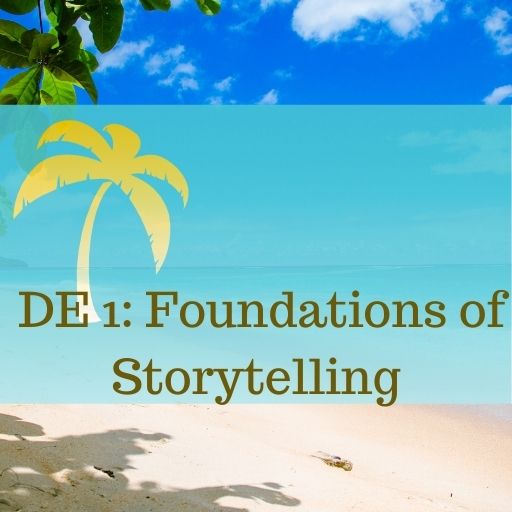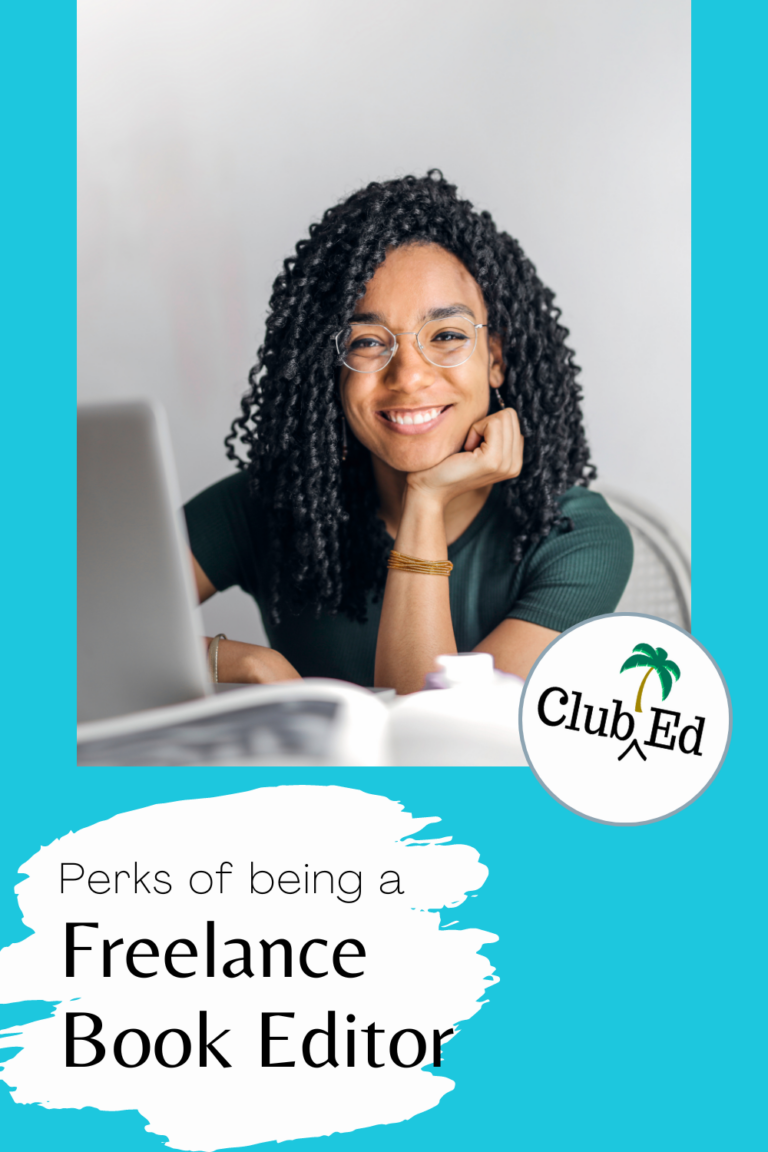Understanding Reader Expectations & Genres
One key to identifying DE problems is understanding reader expectations, and reader expectations are closely tied to genre.
Understanding Reader Expectations
When I read a romance, I expect it to end happily ever after. I don’t care if you have a great idea for a heart-breaking ending. I don’t want a heartbreaking ending. I want a happily-ever-after ending, and I will never read another book of yours again if you don’t give me that.
Which doesn’t mean that I won’t read a novel that has a heartbreaking ending. I just don’t want to read a romance that does.
When I pick up a thriller, I expect to be thrilled. When I pick up a mystery, I expect something mysterious to happen.
Here’s where it starts to get tricky: as a reader, I want my expectations met, but I also want to be surprised. I want the same, only different. As the editor, you have to make sure the novel you’re editing delivers what the reader is expecting, but you also have to encourage the author to take risks, try something new, and go in another direction instead of the same old, same old.

Research Genres
Genre plays a huge role in reader expectations of a book. To edit effectively in a genre, you need to read widely in that genre. You also need to read craft how-to (such as books and blog posts) so you know what authors in those genres are being advised to do and why. You’ll pick up on the genre conventions that drive these recommendations.
It’s common for authors to think they’re writing in a certain genre when they’re not. I’m approached by a lot of authors who think they write romance. But half of these manuscripts are not romantic at all. If we can help authors realize when they’ve made this mistake, we can help them achieve greater success. Sometimes I tell them not to use genre at all when they’re pitching their work to agents—let the agent decide what the best genre is (they’re most familiar with the market). For self-publishing authors, it’s in their best interest to know what readers of their genre expect.
If you have an author who has the problem of a manuscript that doesn’t conform to the genre (and it’s not because the author is somehow transforming the genre), you need to ask how the author would like the edit to proceed—for you to edit the story to fit the perceived genre, or to edit it as the genre (or non-genre) it is, and for the author to relabel it.
You can learn more about genres from organizations for writers in that particular genre:
- Romance Writers of America
- Science Fiction and Fantasy Writers of America
- Mystery Writers of America
- International Thriller Writers
Children’s and YA
Most of this blog focuses on editing books written for adults, but I wanted to touch on some differences between editing books meant for adults and those meant for younger readers.
In general I can say we are still looking for the typical dev problems—too much info-dumping, show versus tell, and so on. But there are some differences. For example, in dialogue tags, it’s more acceptable to use adverbs (“he said angrily”) or verbs we would ordinarily discourage (“said” is the preferred verb, but in children’s/YA we might also see shouted, sobbed, whispered, etc.) This is because less competent readers can’t always infer how they are supposed to read dialogue. You’ll also see more dialogue tags to help prevent confusion.
For the same reason, there may be more exposition since readers are not as familiar with how the world works. Even in simple ways, this can be true. The statement “She was hoeing in the garden” would more likely be “She was in the garden, hoeing to get rid of the weeds” or even “using the hoe to get rid of the weeds” in children’s/YA.
Particularly in children’s, the actual sentence-level writing is usually simpler prose with vocabulary appropriate to the particular grade level(s) the story is meant for.
In general there is more external action than internal action, but that’s not significantly different from most adult genre fiction.
One common mistake children’s/YA authors make is to have an adult POV character (which readers don’t want to read about). Another is to have an adult swoop in to save the day rather than allowing the child/teen protagonist to develop whatever skills are needed to save himself/herself. In general, children/teens don’t want to read about children very much younger than they are, so YA is unlikely to have an eight-year-old protagonist, and middle-grade fiction is not going to be about kindergarten.
For children’s (younger than middle grade), there are very specific expectations about word count, sentence structure, and storyline—not to mention layout (how the words and pictures work together).
For middle-grade, stories need to be fairly fast-paced. Protagonists can’t be teenagers or older. Generally, anything that makes adults uncomfortable (sex, profanity, drug use, etc.) is discouraged. When editing, it helps to think like a twelve-year-old. Flag anything that could be a double-entendre, etc. (“His last name is Pecker! HAHAHAHA!”)
In YA, adult topics such as sex and drug use are acceptable, although often less explicitly described. Many YA authors use first-person narrators because they think this makes it easier for a younger, less experienced reader to enter the story world.
I’ve always recommended that people interested in children’s/YA genres visit the Society for Children’s Book Writers and Illustrators, which has a lot of information about craft.
Final Note
I don’t think you can do a good job of editing novels in genres that you don’t read, or that you don’t respect.
So, be cautious of editing someone’s fantasy trilogy if your last experience in the genre was watching the original Star Trek.
Don’t agree to edit a romance if you think they’re cheesy schlock or nothing more than porn for women.
If you’re not familiar with the background for or actively dislike the material you’re editing, you would be doing everyone a favor if you admitted that you’re just not the right person for that particular job.
Tips for Editors & Writers
-
How to Get Editing Experience
When a new book editor is just learning developmental editing, I offer this advice for how to get editing experience. How to Get Editing Experience as a New Editor “I feel a little overwhelmed,” editing students tell me from time to time as they learn the craft. Mostly they’re worried that this means they’re not…
-
How Traditional Publishing Works
Here’s a quick overview of the publishing process for authors and editors to gain a better understanding of how traditional publishing works. Basic Information about How Traditional Publishing Works You’re an author who is interested in publishing the traditional route—getting an agent, landing a book deal, seeing the book on the shelf in the local…
Join the Club!
New to story editing? Begin at the beginning.


